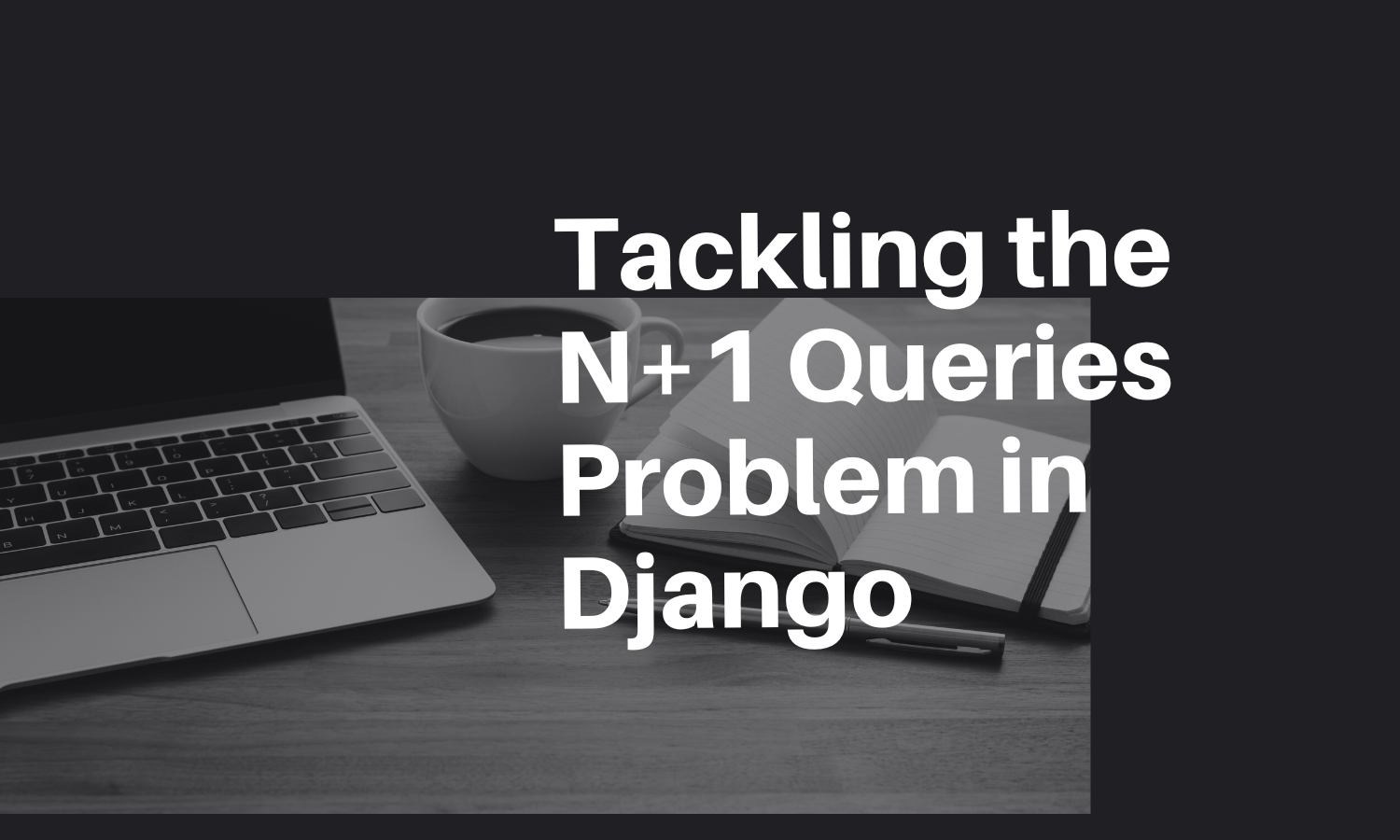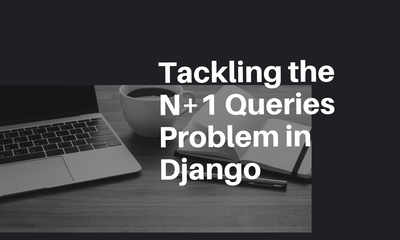Tackling the N+1 Queries Problem in Django
By khoanc, at: June 1, 2024, 10:52 a.m.
Estimated Reading Time: __READING_TIME__ minutes


As a seasoned developer, I understand the frustration of the N+1 queries problem. It's that sneaky performance killer where your code runs one query for a list and then additional queries for each item in that list. Let's dive into how you can detect and fix this in Django, making your apps run smoother and faster.
Understanding N+1 Queries
Imagine you have a list of wards, each ward belongs to a district. Fetching wards and their district information might look like this:
wards = Ward.objects.all()
for ward in wards:
name = ward.district.name
This results in one query for the wards and one for each ward district name, leading to an N+1 issue.
Detecting N+1 Queries
Tools like Django Debug Toolbar, Sentry and Scout APM can help spot these issues.
Django Debug Toolbar, for instance, highlights excessive queries on your pages. Our Glinteco team already pointed out many useful Django packages in this post.
Solving with select_related()
For foreign key relationships, use select_related() to perform a SQL join and fetch related objects in a single query:
wards = Ward.objects.select_related('district').all()
for ward in wards:
print(ward.district.name)
This preloads the district field for each ward, reducing the number of queries.
Solving with prefetch_related()
For many-to-many and reverse foreign key relationships, prefetch_related() is your friend. It performs a separate lookup and does the 'joining' in Python:
districts = District.objects.prefetch_related('wards').all()
for district in district:
wards = district.wards.all()
This fetches all wards for all districts in two queries, regardless of the number of districts.
Practical Example
Let's say you have authors and their books. Here's how to fetch them efficiently:
authors = Author.objects.prefetch_related('book_set').all()
for author in authors:
books = author.book_set.all()
Conclusion
By leveraging select_related() and prefetch_related(), you can mitigate the N+1 queries problem and significantly improve your Django application's performance. Remember, tools like Django Debug Toolbar, Sentry, and Scout APM are invaluable in detecting these issues.

![[TIPs] Common Mistakes with Python Dictionaries](/media/filer_public_thumbnails/filer_public/5f/97/5f97825e-ad69-4630-9b8e-d9ad6cd1c8c5/dictionary_common_issues.png__400x240_q85_crop_subsampling-2_upscale.jpg)

![[TIPS] Python List -](/media/filer_public_thumbnails/filer_public/d2/c1/d2c14930-b44f-45aa-95e4-8e4d148916dd/list_tips.png__400x240_q85_crop_subsampling-2_upscale.jpg)

